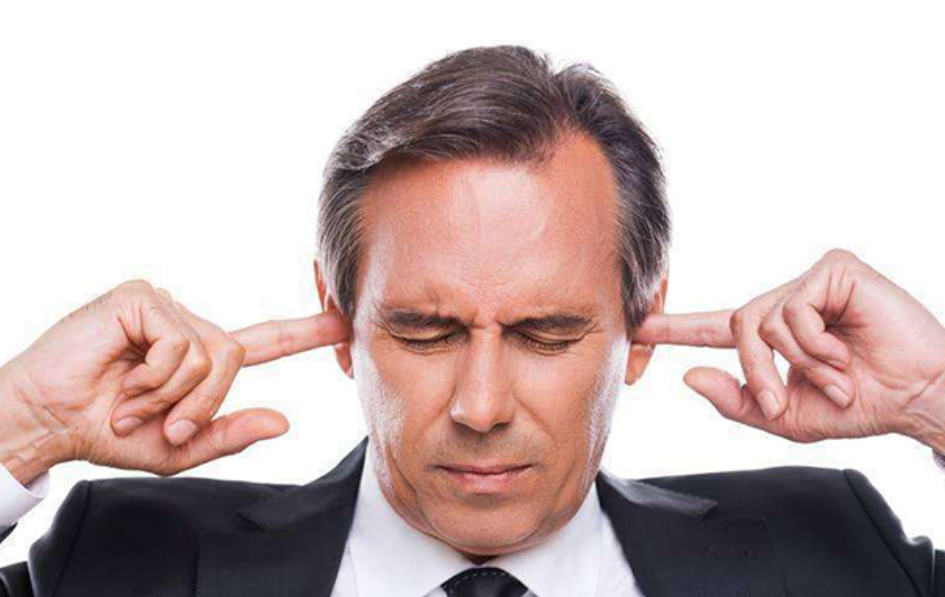
The ear is the second most important sensory organ after the eyes, and about 20% of all the information we receive comes from hearing. As people grow older, their ears will also get older, and they will first be unable to hear high frequency sounds. Young people who listen to headphones at high volume for a long time are also damaged by high-frequency hearing. Besides age and noise, what other factors can hurt the ears?
gene
Someone in the family who was born deaf prior to birth
Most congenital deafness is hereditary deafness, which is related to genes and family inherited diseases. At present, there are more than 100 kinds of deafness genes known in the medical world, and there are 4 common deafness genes: GJB2, GJB3, SLC26A4 and mitochondrial gene mutations, which cause about 70% of hereditary deafness.
If either man or woman has congenital deafness in their family, both must undergo genetic testing before marriage or planning pregnancy.
There are also some clues that cannot be found, called congenital non-hereditary deafness, and the causes include viral or bacterial infections during pregnancy or incorrect medication that lead to fetal development problems.
Hypoxia at birth, entering the neonatal ICU treatment, pathological jaundice, etc., is a high-risk group of congenital deafness, in normal children, the probability of congenital deafness is about 3 ‰, but the probability of children with high risk factors reaches 1% to 3%, which is 10 times higher, so it is especially important to pay attention to neonatal hearing screening.
Otitis media
Children who blow their noses improperly are prone to acute otitis media
Hearing loss caused by otitis media is particularly common in both children and adults.
By the age of five, at least half of children will have at least one case of otitis media. It's just that younger kids don't describe it, so sometimes parents don't know. Some acute otitis media will be better on their own, some will not be prolonged, if combined with adenoid hypertrophy or sinusitis, acute otitis media is more likely to become chronic.
Children with acute suppurative otitis media is the most common, often secondary to the cold, parents to avoid pinching the child's bilateral nasal wings vigorously blow nose, but should tell the child to suck the nose into the pharynx spit, or hold down one side of the nose to discharge the nose.
Non-secretory otitis media may unknowingly rob a child of hearing. 3 to 5 years old is the highest peak of adenoid hyperplasia, if the adenoid blocked the lower end of the eustachian tube opening, the fluid in the middle ear can not be discharged, it will cause non-secretory otitis media, but the child usually does not hurt, only feel the ear blocked, ear stuffy.
If you find that your child's response is worse when hearing someone call behind you, turn up the volume when watching TV, or the teacher reports that the child is reacting slowly in class, you should pay attention.
If non-secretory otitis media is not treated in time, it may develop into chronic otitis media or even adhesive otitis media, where water sticks the eardrum and ossicle together like paste, and permanent hearing loss occurs. But not everyone has to do surgery, first with drugs for a month or two, if there is no improvement, then surgery in time.
In adults, otitis media appears more in the form of chronic suppurative otitis media, manifested by frequent discharge of pus from the ear and increasingly poor hearing.
Chronic suppurative otitis media do not drag, the earlier the operation, the simpler the operation, the better the effect. If it develops to the later stage, there may be destruction of the auditory bone and even middle cholesteatoma, if the middle ear extensive structural destruction, not only the surgical results are more complicated, the effect is far from done early.
noise
Don't wear headphones at more than 50% of the maximum volume
Loud and persistent noise can cause irreversible damage to hearing. Therefore, in construction sites, docks, mines, machinery factories and other strong noise environment work, to do a good job of occupational protection, wear qualified sound insulation earmuffs, earplugs, as far as possible to avoid staying in strong noise for too long.

